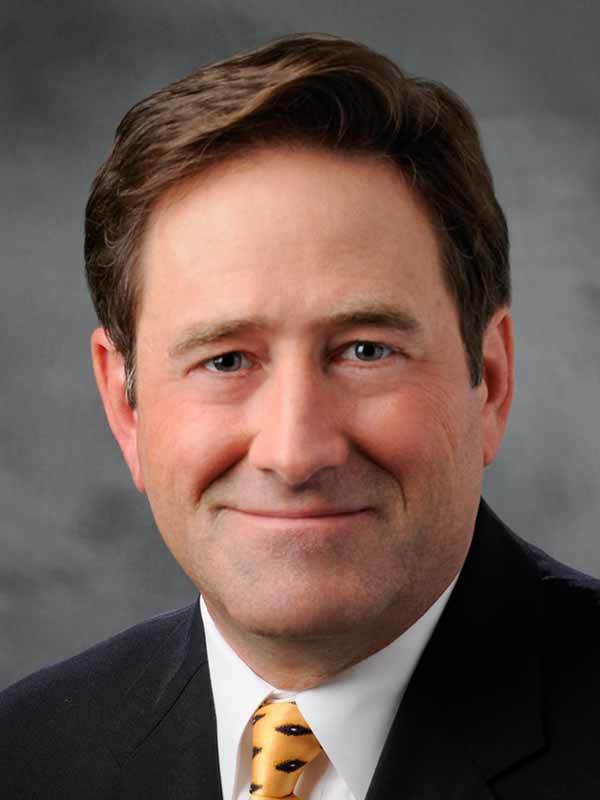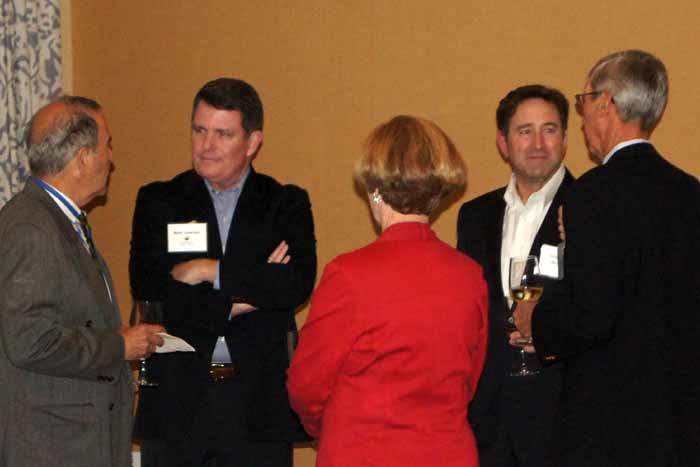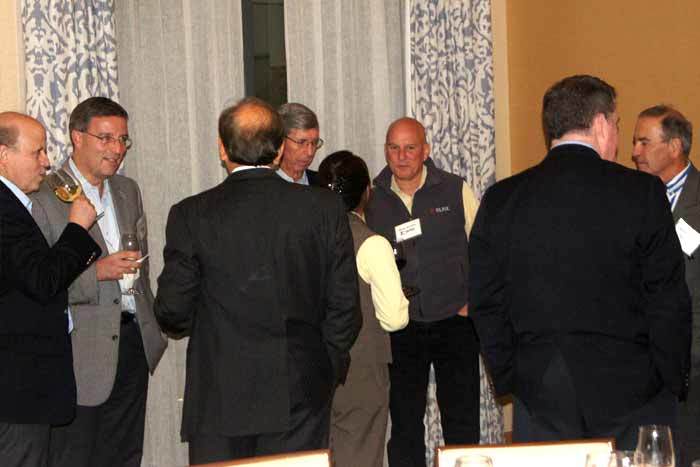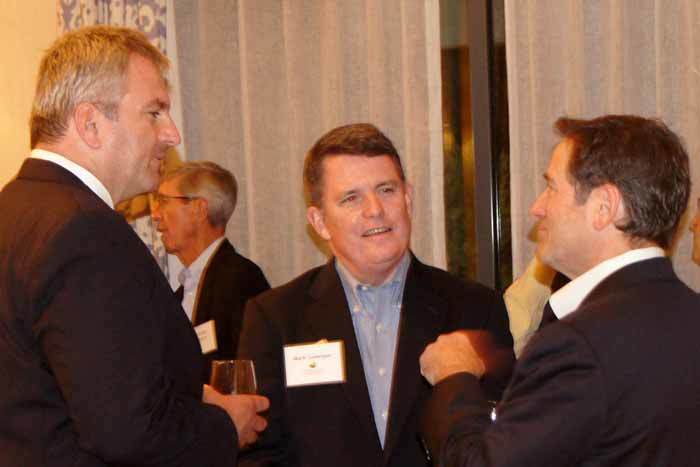On October 24th, 2013, Lonergan Partners held its third annual networking summit of public company CEOs in the Silicon Valley.
The goal was to talk candidly about the relationship between the board and management, in particular between the Chairman and the CEO.
Topics
- corporate strategy formation
- goal-setting
- board/management evaluations
- a discussion on board composition
The event was moderated by two experienced technology Chairman, Bill Krause and Craig Conway. With over a dozen technology company CEOs in attendance, the discussion was animated and wide-ranging.
Key Take-aways
- All of the CEOs in attendance agreed that they would rather have an aggressive/supportive board than a more passive board. When a public company board becomes passive and timid, the company suffers as a result.
- The role of the Chairman of the Board has changed dramatically over time. Public company board chairman are the principal conduit between the board and the CEO/senior management team. The pairing of the right Chairman with the right CEO is essential to success.
- The key to a Chairman’s role is communication and feedback. The best Chairmen communicate regularly with the CEO.
- Boards need to decide just how deeply they want to understand and work with operational issues. All the CEOs at the event agreed that it is the CEO’s job to run the company and the board’s job to ensure that the company is on the right track.
- The best Chairmen work very hard on director recruiting and retaining real contributors on the board.
- The best Chairmen also remove non-contributors from the board. They do this in a thoughtful and professional way, but they get it done.
- When done well, CEO assessments are conducted quarterly by the Chairman or Lead Independent Director (LID).
- Assessing CEO performance and providing feedback is often very difficult for the board. The worst of these interactions can feel perfunctory, offering the CEO insufficient feedback in order to make course corrections. CEOs prefer their boards provide constant and frank feedback that can be acted upon.
Moderators

Bill Krause
Retired Chairman & CEO, 3COM


Craig Conway
Former CEO, Peoplesoft












